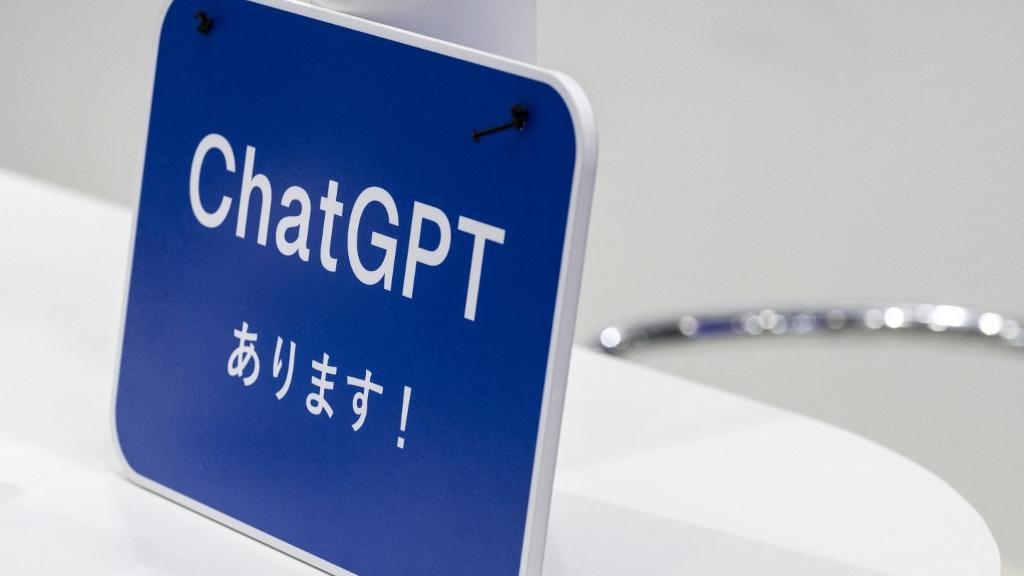 A sign promoting ChatGPT is displayed at a booth during the three-day 7th AI Expo at Tokyo Big Sight on May 10, 2023. (PHOTO / AFP)
A sign promoting ChatGPT is displayed at a booth during the three-day 7th AI Expo at Tokyo Big Sight on May 10, 2023. (PHOTO / AFP)
BRUSSELS — European lawmakers came a step closer to passing new rules regulating artificial intelligence tools such as ChatGPT, following a crunch vote on Thursday.
The European Union's highly anticipated AI Act is set to be the first comprehensive legislation governing the technology, with new rules around the use of facial recognition, biometric surveillance, and other AI applications.
In Thursday morning's vote, MEPs agreed to ban the use of facial recognition in public spaces, predictive policing tools, and to impose new transparency measures on generative AI applications like OpenAI's ChatGPT
After two years of negotiations, the Act is now expected to move to the next stage of the process, in which lawmakers finalise details of the law with the European Commission and individual member states.
READ MORE: Sun: ChatGPT a boon for city's tech hub dream
Speaking ahead of the vote by two lawmakers' committees, Dragos Tudorache, one of the EU parliamentarians (MEPs) charged with drafting the laws, said: "It is a delicate deal. But it is a package that I think gives something to everyone that participated in these negotiations."
"Our societies expect us to do something determined about artificial intelligence, and the impact it has on their lives. It's enough to turn on the TV ... in the last two or three months, and every day you see how important this is becoming for citizens."
Under the proposals, AI tools will be classified according to their perceived level of risk, from low to unacceptable. Governments and companies using these tools will have different obligations, depending on the risk level.
In Thursday morning's vote, MEPs agreed to ban the use of facial recognition in public spaces, predictive policing tools, and to impose new transparency measures on generative AI applications like OpenAI's ChatGPT.
READ MORE: Elon Musk says will launch rival to Microsoft-backed ChatGPT
"This vote is a milestone in regulating AI, and a clear signal from the Parliament that fundamental rights should be a cornerstone of that," Greens MEP Kim van Sparrentak told Reuters. "AI should serve people, society, and the environment, not the other way around."


